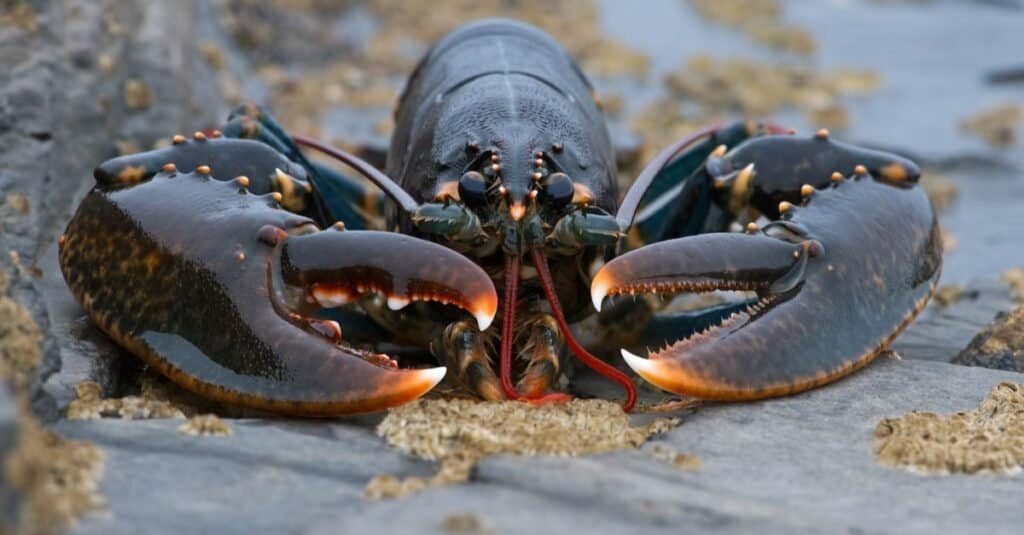How Long Can Lobster Live Out of Water: Exploring the Survival of Lobsters Beyond Their Natural Habitat
Lobsters are fascinating creatures that have captured the attention of seafood lovers and marine enthusiasts alike. These crustaceans are known for their delectable taste, but have you ever wondered how long they can survive outside their natural environment? In this article, we will delve into the topic of how long lobsters can live out of water and uncover some intriguing facts about their survival abilities.

Lobster Lifespan
1: Lobsters and Their Natural Habitat
Before diving into the details of their survival out of water, it is essential to understand the natural habitat of lobsters.
Lobsters are primarily found in saltwater environments, inhabiting the rocky crevices and sandy bottoms of the ocean.
They thrive in cold waters and are typically found in regions such as the North Atlantic Ocean and the Gulf of Maine.
2: Adaptations for Survival
Lobsters possess remarkable adaptations that allow them to survive in their natural habitat.
One such adaptation is their ability to breathe through gills.
These gills extract oxygen from the water, enabling lobsters to respire and sustain their bodily functions.
Additionally, lobsters have a hard exoskeleton that protects them from predators and helps retain moisture.
3: How Long Can Lobsters Survive Out of Water?
Contrary to popular belief, lobsters can survive for extended periods outside of water.
The exact duration varies depending on several factors, including temperature, humidity, and the overall health of the lobster. In general, a healthy lobster can typically survive out of water for up to 24-36 hours.
4: Factors Affecting Lobster Survival
Several factors can impact a lobster's ability to survive outside water:
a. Temperature: Lobsters are cold-blooded creatures, and extreme temperatures can significantly affect their survival. When exposed to high temperatures, they dehydrate quickly, reducing their chances of survival.
b. Moisture: Lobsters require a certain level of moisture to survive. Without sufficient moisture, they can suffer from dehydration, leading to organ failure and death.
c. Handling: The way lobsters are handled out of water plays a crucial role in their survival. Rough handling or dropping them from heights can cause injuries or stress, making it harder for them to survive.

Lobster
5: Human Interaction and Lobster Survival
Human interaction also plays a significant role in determining the survival of lobsters outside water.
When caught by fishermen or seafood enthusiasts, lobsters are typically kept in cool, moist environments to maximize their chances of survival.
If properly cared for, they can be kept alive for several days before being consumed.
6: The Myth of the "Screaming Lobster"
You might have heard the myth that lobsters scream when boiled alive. However, this is not true. The sound often associated with boiling lobsters is caused by the steam and air escaping from their shells, rather than the lobster itself.
Lobsters possess incredible survival abilities, allowing them to endure for a considerable time outside their natural habitat. While they are primarily aquatic creatures, their ability to adapt and their unique physiology enable them to withstand periods without water. However, it is essential to handle them with care and ensure proper conditions to maximize their chances of survival. Next time you indulge in a lobster feast, remember the remarkable resilience of these magnificent creatures.